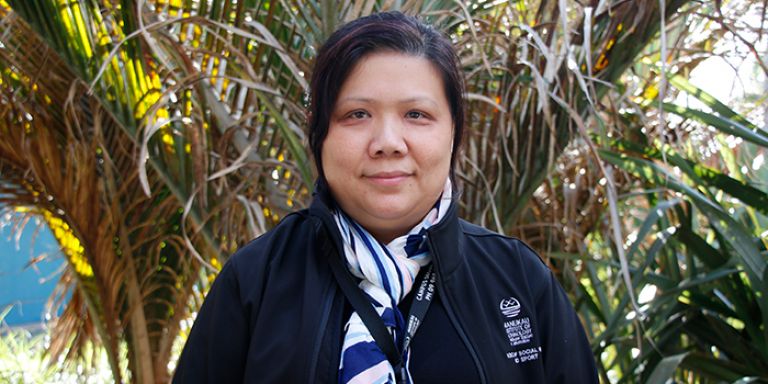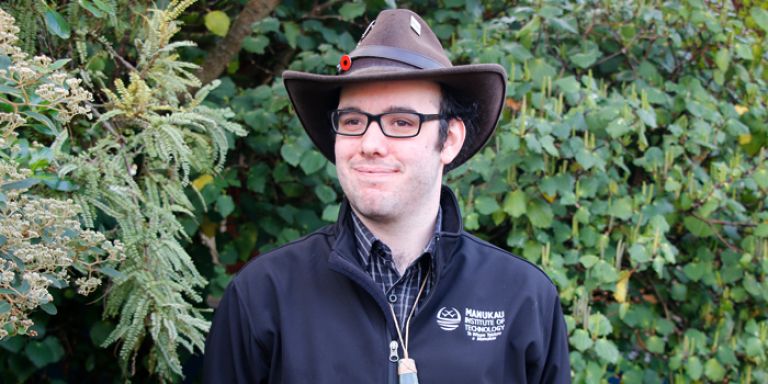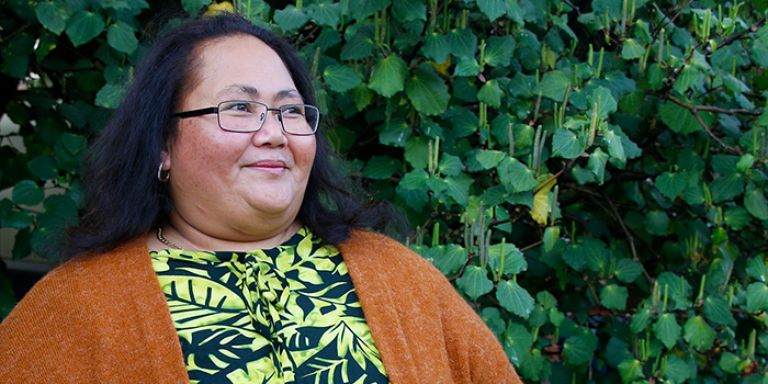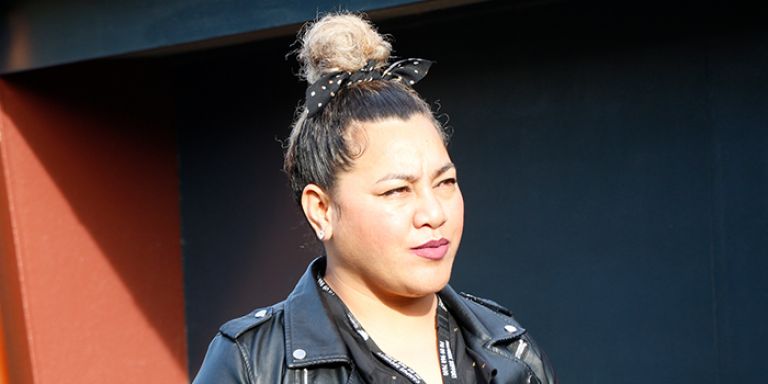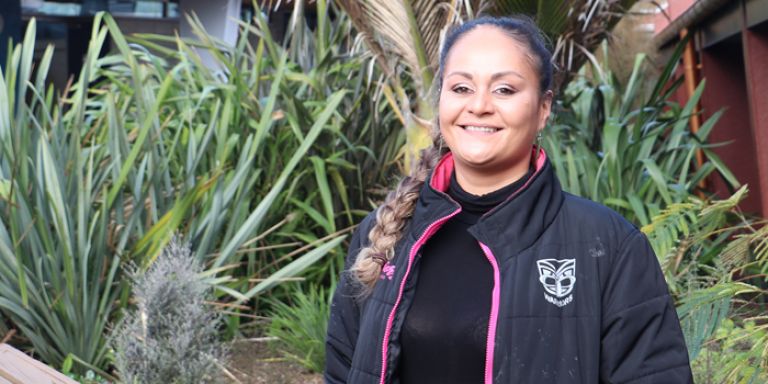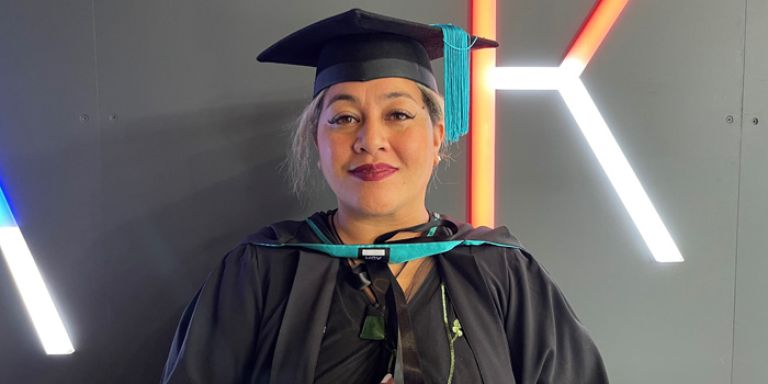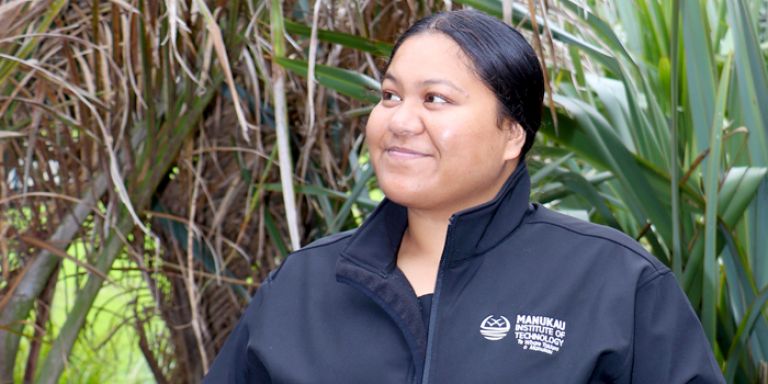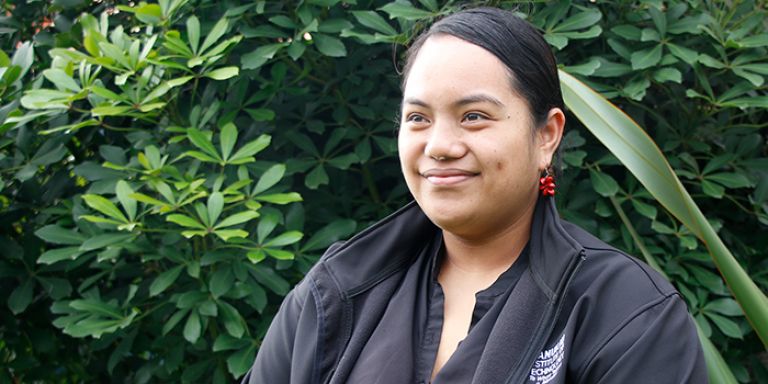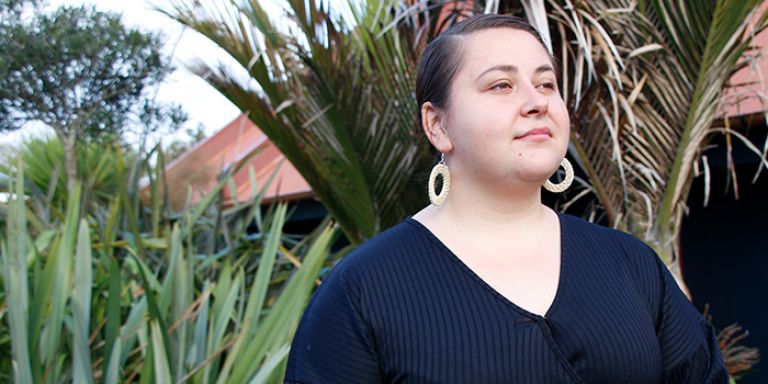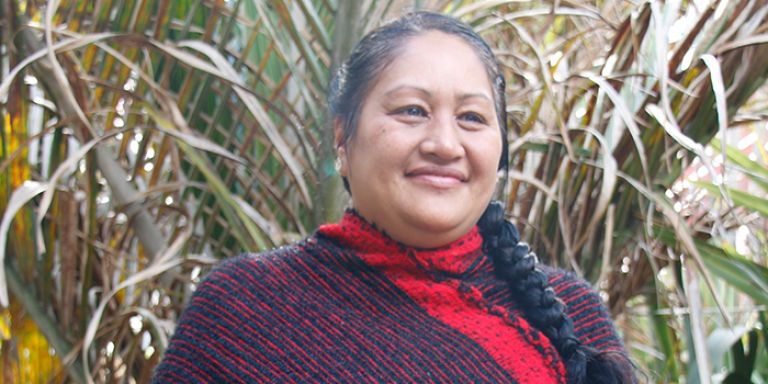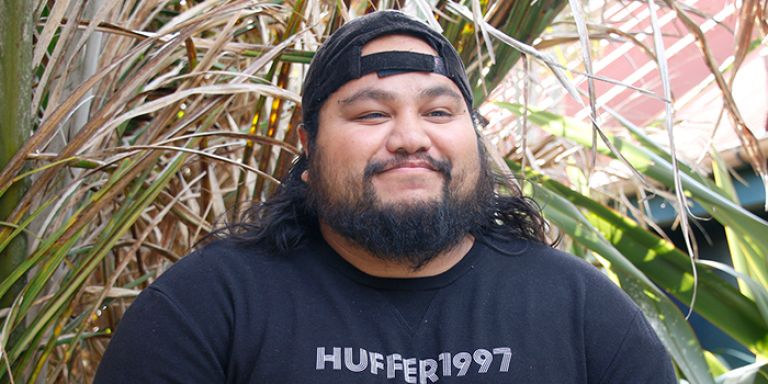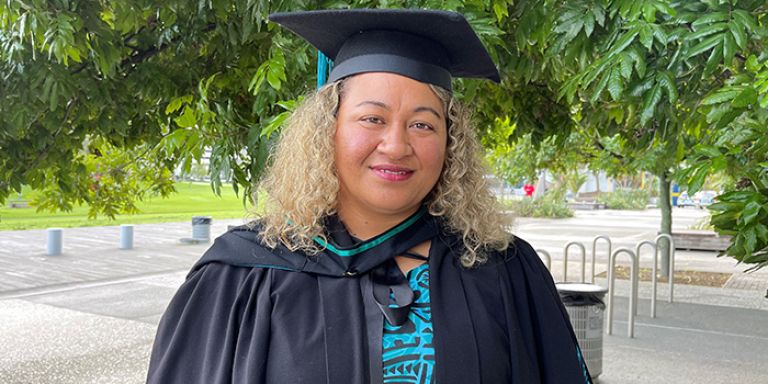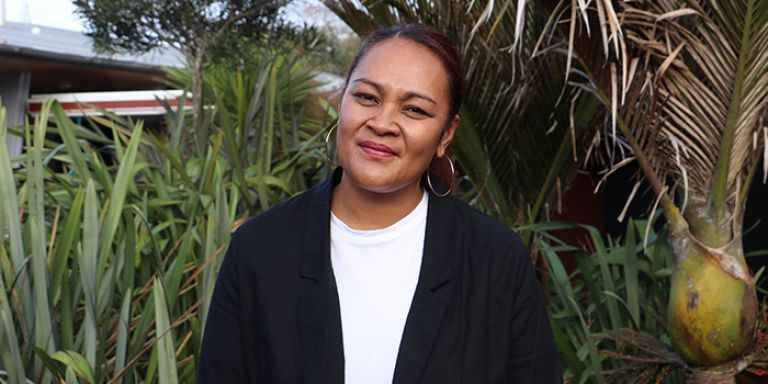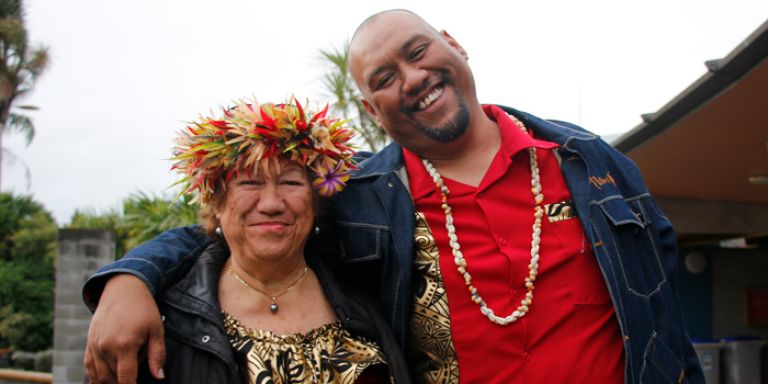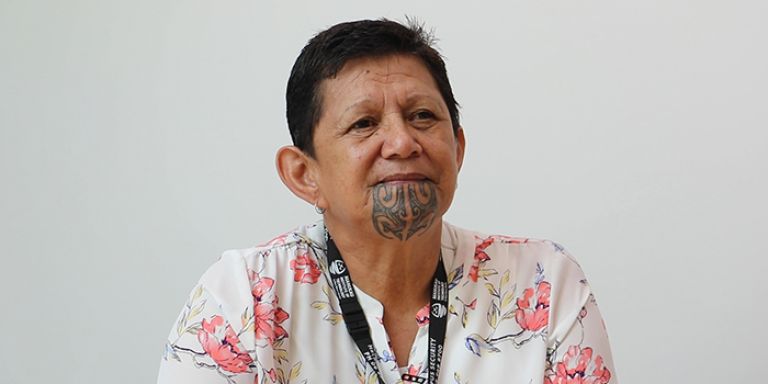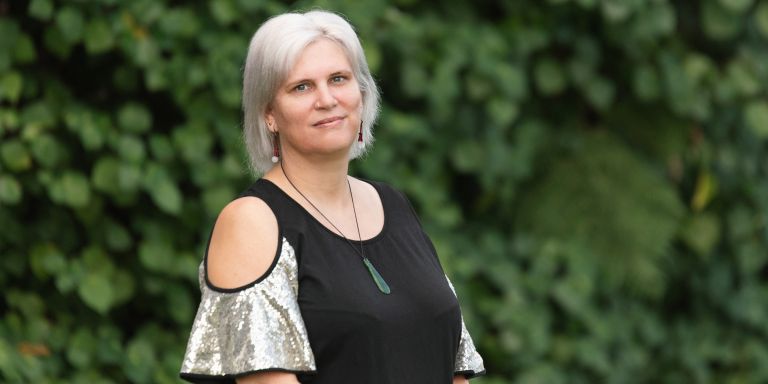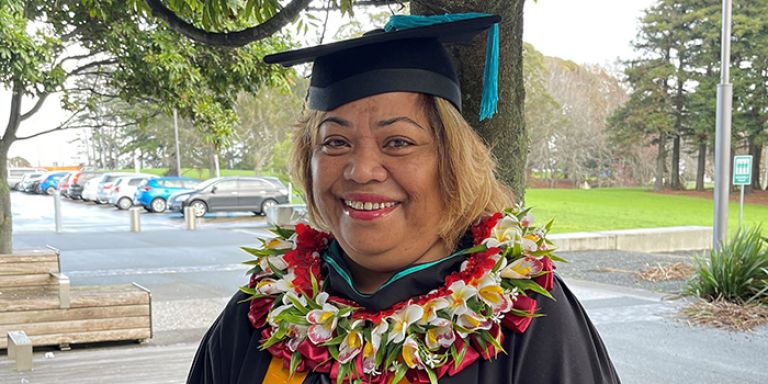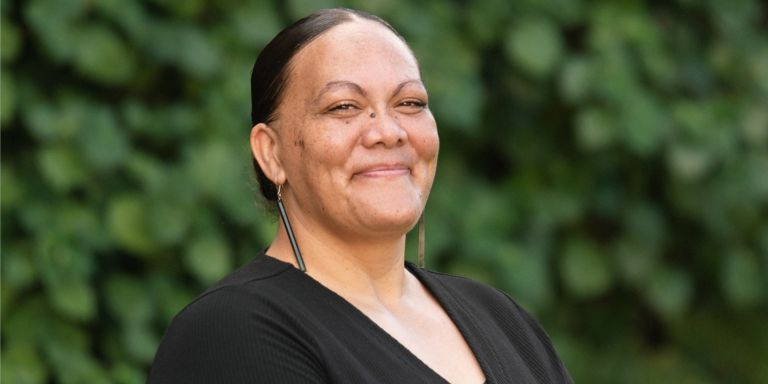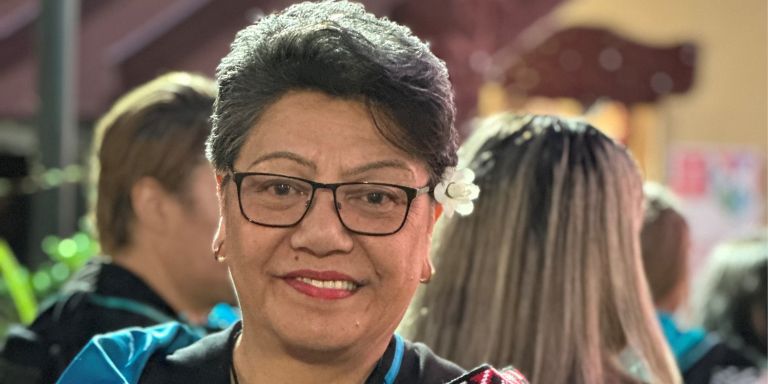Due to high demand, we are unable to take any more applications for February 2026. We recommend applying early for our July intake.
Programme highlights
Do you want to make a real difference in your community?
Become a social worker and learn the skills to support and empower people, their family and whanau, to enable positive change.
You will work with all kinds of people to help them overcome challenges and improve their individual and family wellbeing.
Our experienced lecturers will guide you in how to work with people from different nationalities including Māori, New Zealand/European, Pasifika and new immigrants. You will also work with people of all ages, abilities and diverse backgrounds.
This social work degree is a recognised programme by the Social Work Registration Board. In your fourth year of study, you will be eligible to register and work as a social worker in Aotearoa New Zealand.
To find out more about what practicum entails for both our learners and placement providers, click here.
If you are Māori or Pasifika, find out how you could be supported on your MIT journey with Te Ara Oranga.
Please note: Although the Government vaccine mandate for health and disability workers ended on 11:59pm 26 September 2022, some employers can still require workers to be vaccinated due to their responsibilities under the Health and Safety at Work Act. Placement is a compulsory component of MIT’s healthcare programmes. To go on placement in this sector, students will need to be fully vaccinated and provide proof of vaccination to MIT. Students that hold a medical exemption that prevents them from being vaccinated are permitted to work in the healthcare sector, but will have limited placement opportunities in that sector. Students that are not vaccinated, or that do not wish to share their vaccination status with MIT, may not be able to go on placement in the healthcare sector. If you hold a medical exemption, or if you are unable or unwilling to provide proof of vaccination to MIT, your placement opportunities will accordingly be limited and MIT cannot guarantee availability with placement providers. If this applies to you, we encourage you to contact us to discuss your options.
Entry requirements
General admission requirements
Applicants must meet the following criteria for admission into the programme:
a) A New Zealand Police Check (using the NZ Police and Vetting Consent to Disclosure of Information form) that demonstrates applicant has no criminal record and thus meets the requirements to be registered with the SWRB and to work with at risk and vulnerable people as required by the Vulnerable Children Act (2014).
b) Be 18 years of age or over at the commencement of the programme; OR, applicants below the age of 18, will be considered for admission (by the Programme Committee) where the applicant is:
(i) employed, in a paid or voluntary capacity in a social service context and able to provide a current, written recommendation from their employer, or voluntary service provider demonstrating their suitability for the programme; or
(ii) Due to reach the minimum 18 age requirement within one month of the commencement date of the programme.
c) Complete all required admission administration documentation.
d) Provide two satisfactory references.
e) Demonstrate suitability to complete vocational social work degree level study at an interview. The following interview criteria will apply:
(i) At the time of interview applicants will be required to undertake a comprehension and written exercise to help determine the level of academic support they would require prior to and during the programme, if they were offered a place.
(ii) Interviews may be conducted in person, by phone, Skype, or by electronic means as outlined in the Vulnerable Children Act (2014).
(iii) During the interview the panel will gather evidence of the applicant’s suitability to complete vocational social work degree level study based on criteria that include the following:
- The applicant provides appropriate and well considered reasons for making their application to study this social work programme that are deemed to be acceptable by the interview panel
- The applicant’s personal experience (including wellness) will enhance rather than inhibit their ability to complete the programme
- The applicant demonstrates readiness and understanding of the demands of vocational social work study at degree level study
- The applicant demonstrates openness and readiness to accept change
- The applicant demonstrates willingness and ability to align with social work ethics and values
- The applicant understands the support, both personal and academic, which may be required to undertake a vocational degree level programme and that this support may be provided in flexible learning mode.
f) Once the applicant has completed an interview, the final decision on whether a place is offered to an applicant is based on achievement demonstrated in:
(i) Evidence gathered during the interview of the applicant’s suitability to complete vocational social work degree level study
(ii) Evidence contained in the admission administration documentation
Academic admission requirements
Applicants must successfully meet one of the following criteria to gain admission into the programme:
(a) University Entrance (UE) OR at least 42 NCEA credits at level 3, including a minimum of 14 credits in each of two approved subjects, plus a minimum of 14 credits taken from no more than two additional domains or approved subjects; AND, a minimum of 8 credits at level 2 or higher in English or Te Reo Māori of which 4 credits must be in reading and 4 credits in writing. NOTE: Where standards count for either reading or writing, an individual applicant may not count credits in both places
OR
(b) Have successfully completed NZC in Study and Career Preparation (Education & Social Sciences) Level 3 or equivalent
OR
(c) The BASW Programme Committee may consider a candidate for entry onto the programme where the candidate has failed to meet the academic requirements listed above. For such consideration to occur the candidate must have been through the interview and selection process demonstrating a level of maturity or life experience deemed to provide the applicant with reasonable prospects of success at degree level. All such applications will be dealt with on a case-by-case basis and on the applicants own merit.
English language entry requirements
International students must meet NZQA’s current English language entry requirements for degree level study AND the specified requirements for this degree where they exceed NZQA’s requirements. Programme specific rules for this degree also require:
(a) Applicants to the programme who do not have English, Māori or New Zealand sign as their first language; OR who did not undertake their secondary schooling in English must be able to demonstrate they have achieved an IELTS score of 6.5 with no band score lower than 6.5; or TOEFL Internet-based test (iBT) score of 85 or higher with a writing score of 22; or equivalent. Students may enter the programme with an IELTS score of 6.5 in all bands but will be required to meet SWRB requirements when applying for registration on completion of the programme.
(b) Applicants who do not meet the IELTS, TOEFL or equivalent requirement are able to re-apply for future intakes to the programme once this English language requirement has been met.
Give yourself credit with Recognition of Prior Learning (RPL)
Did you know you can use the knowledge and experience you already have to your advantage?
Your previous work experience and on-the-job skills, volunteering, professional development, and other providers’ qualifications can be recognised as prior learning, matched against credits in our courses, and put towards your qualification – potentially saving you money and possibly helping you to complete your qualification faster Learn more.
Programme structure
You will need to complete the below 18 courses (480 credits):
Year one - Ko Wai Au? (The self)
Year two - Te Hapori Whānui (The community)
Year three - Te Ngaio (The professional)
Year four - Te Mātanga (The practitioner)
Do you want to study a single course, without enrolling into the full programme?
Courses within some of our programmes may be offered as an individual Certificate of Proficiency (COP). Programme entry requirements and course fees apply. For more information, please speak to our friendly Ask Me! team.
Career opportunities
Social work in community, statutory agencies and schools. For potential salaries visit careers.govt.nz.




